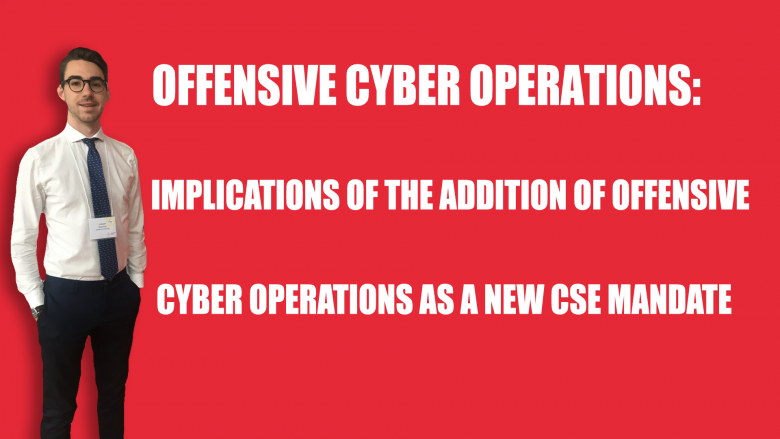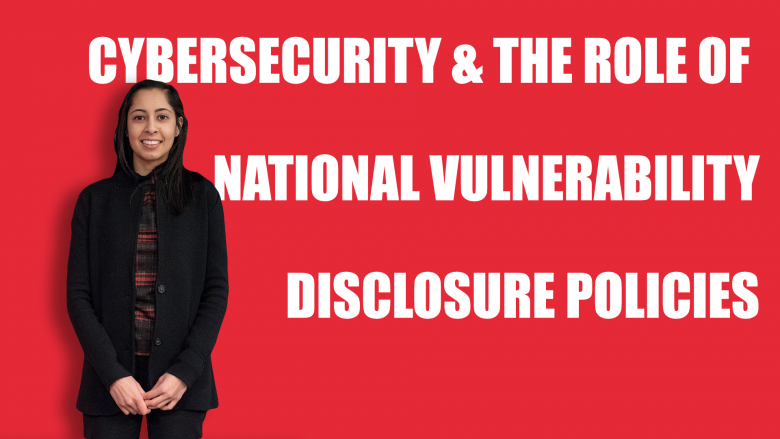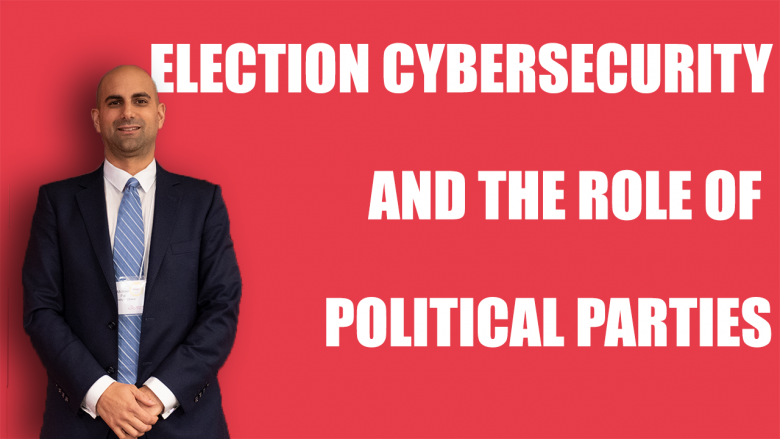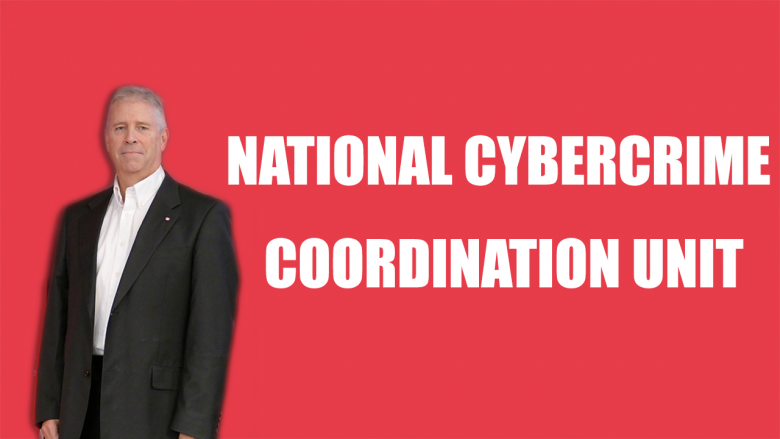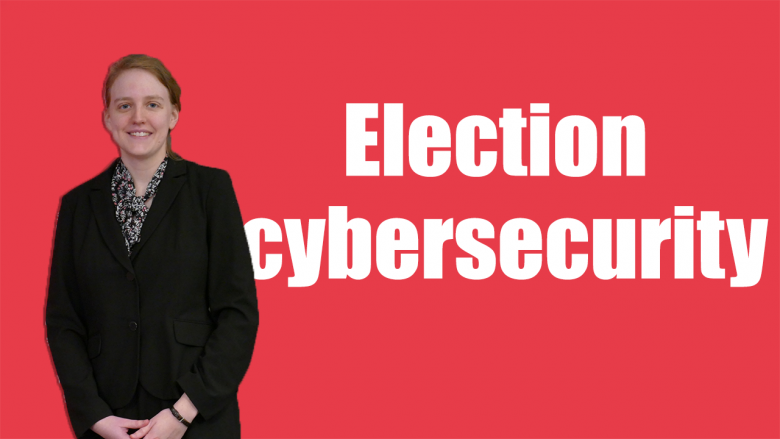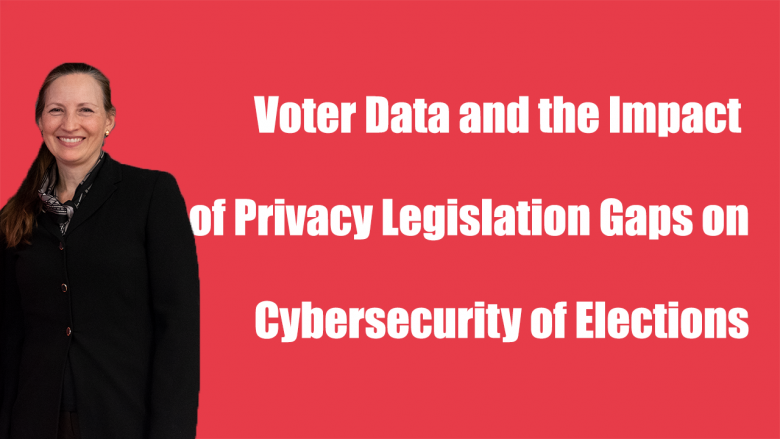Alongside land, maritime, air and space domains, cyber is quickly maturing as a domain of warfare in its own right. However, Canada has lagged its closest allies in the cyber domain. Neither the Canadian Armed Forces (CAF) nor Canada’s intelligence community currently engage in Active Cyber Operations (ACOs). This gap leaves Canadian information infrastructure vulnerable …
When governments discover or purchase zero day vulnerabilities, they are faced with a difficult decision: should they disclose the vulnerability, allowing the vendor to patch the vulnerability before it can be exploited, and thereby promote the security of the public or consumer information implicated? Or, should they keep the vulnerability under wraps and use it …
Corporations and Citizens, as victims of cybercrime, have been conducting revenge attacks, hackbacks, and strikebacks on cyberattackers. Patrick will present his Doctor of Social Sciences research findings which examine active cyber defence as a viable public policy. He will present evidence which supports this policy development and also how to model Active Cyber Defence decision …
With fast moving innovations in technology, cyber security threats and incidents continue to grow in number and sophistication. The need to measure, analyze, and better understand these incidents is imperative for businesses, policymakers, and other stakeholders to effectively manage the risks of cyber threats, vulnerabilities and incidents. This is recognized not only in Canada but …
Political parties are an essential part of electoral democracy. They have also been identified by the intelligence community and academic researchers as a weak point in the cybersecurity of many democracies. The hacking of the Democratic National Committee’s emails is one prominent example of how ineffective cybersecurity by a political party can have far-reaching implications. …
The National Cybercrime Coordination Unit (NC3) Unit was funded in Budget 2018 as part of Canada’s Cyber Security Strategy. Assistant Commissioner Adam will cover the formulation of the impetus behind the creation of this unit, and its mandate and concept of operations. About the speaker Jeff Adam completed 14 years of operational policing in New …
The security of elections is a key issue for the defence communities around the globe. Recent examples make the urgency of this issue clear: the 2017 Presidential elections in Kenya were declared invalid amidst allegations of problems with the electoral commission’s databases and computers; Estonia’s widely respected identity card system, which is used for i-voting …
In Canada, there are both legislative gaps and ambiguity around the privacy obligations of political parties with respect to voter data. Despite the highly sensitive nature of political preferences, political parties have been largely exempt from formal obligations to protect personal information. Privacy legislation requires that entities adhere to fair information principles, which require notice …
Dr. David Hofmann Presented at the 2018 Atlantic Security Conference In this presentation, Dr. Hofmann will discuss his recently completed funded research (TSAS / Public Safety Canada) into the three different types of social networks formed by lone-wolves during the 24 months prior to the commission of their first act of terrorist violence. Dr. Hofmann …
Presented by David Fraser at The Atlantic Security Conference 2018. The new privacy breach notification law is coming into effect shortly and information security professionals are going to be on the front lines of breach investigation. David Fraser, recognized as one of the world’s top 30 data, privacy, cybersecurity lawyers, will provide a practical overview …

